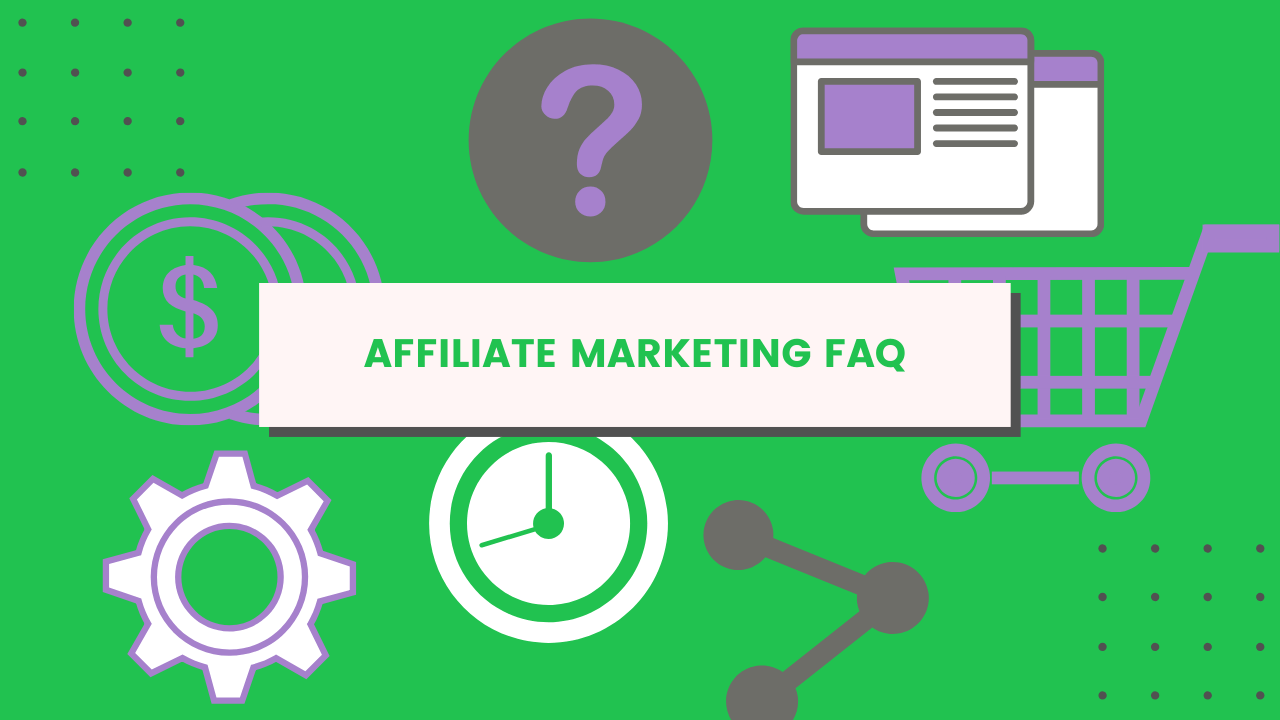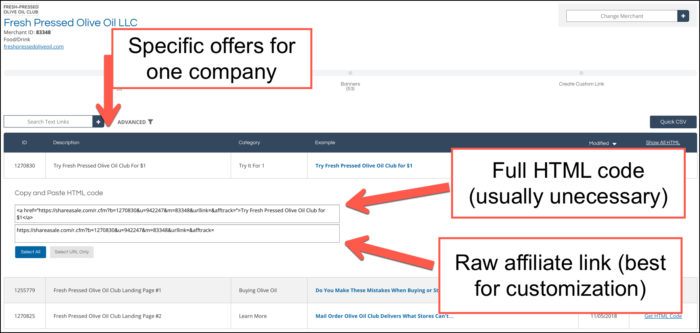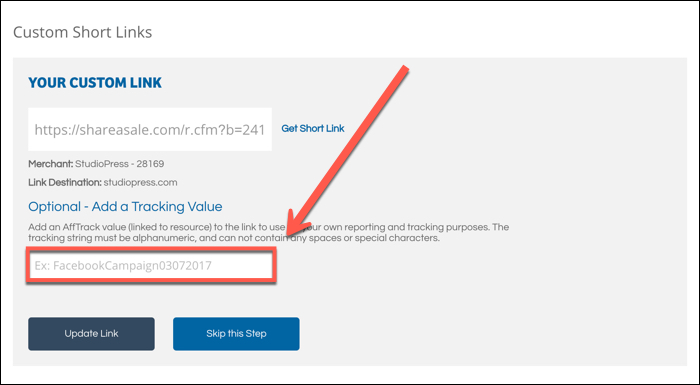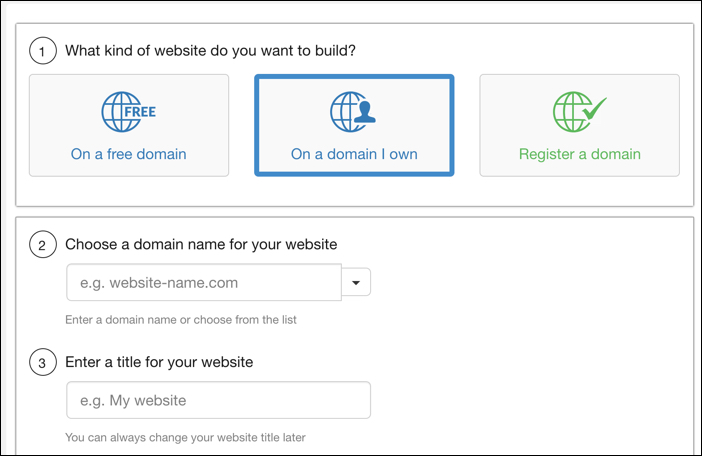
this page contains affiliate links
Affiliate marketing is like raising chickens for eggs. You have to put in the initial work before you see resultsHere we are, at ground zero. You want to learn how to make money with affiliate marketing, and this page will give you the broad overview of how everything works. There are 20+ more pages to go though if you wan to build your affiliate website, so be prepared!
It's gonna take a good amount of work and time to actually start earning. The good news is that the concepts you need to learn are simple to understand, even if they do take time, patience, and persistency to actually see results.
In this article I'm just going to look at the broad concepts of how to make money with affiliate marketing, but the actual steps will come in the next lessons.
What you're jumping into right now is a comprehensive, basic affiliate marketing course. There are plenty of other advanced concepts and techniques you can learn later, but at its core, making money from an affiliate website isn't that hard.
Affiliate Income FAQ
Who Pays You & How Do You Get Paid?
There are hundreds of thousands of companies you can work with. Some are well known brands like Blue Apron and Amazon, while others are more obscure products and companies. Companies can pay you directly through their in-house affiliate program, or they might pay you through an intermediary affiliate network.
Paypal and direct bank transfer are the most popular options. If you don't have a Paypal account, you'll need to get one (it's free). I like direct bank transfer when possible because it reduces the amount of fees you have to pay.
Some companies pay with physical checks if you request it, and there may be other online processors or even cryptocurrency options available.
You get paid for each “action” which is a payable action. Most companies just pay for each sale you make, which is pretty simple to understand. CPA offers are usually associated with low-quality products and services, but are attractive because you get paid when a person does a simple action like sign up for an email list or trial offer. CPA offers are popular because they sound easier to promote, but in reality, they can be just as tough as regular affiliate marketing because you have to convince people to buy garbage.
I focus on promoting high quality products that my audience is excited about buying. You know, a whiskey enthusiast buying a whiskey club membership or a dog lover signing up for the Rover dog walking/sitting app. That type of stuff.
Matching people to products is what profiting from affiliate marketing is all about. You will never have to “hard sell” anything if you don't want to.
What Are The Best Companies To Work With?
It's impossible to say which affiliate companies you should work with, because it depends on a lot of factors like:
- what's your niche
- what products do you like
- what products does your audience like
- what affiliate companies are available in your niche
You may have a very specific topic you want to write about on your website, but there might be only two or three companies to work with. Are they worth promoting? You'll have to investigate to see. If there are no quality affiliate products you want to promote, you can always make money with display ads.
In the full breakdown of finding great affiliate programs, I also mention that you can always promote related products, even if they are just kinda close to what you write about. For example, a cannabis review website is pretty specific and you should look at cannabis affiliate programs. However, they won't sell you weed online, so that might not be exactly what you want to promote to your audience. Instead, you could look into promoting vaping products.
Depending on your audience, other products could be available. If your “niche” within the cannabis industry was natural pain relief, there's plenty of other pain relief affiliate programs to promote. If your audience was more about the recreational side of smoking pot, then you could promote stuff like monthly snack boxes to generate affiliate commissions LOL.
Where Do You Get Your Affiliate Links?
Your affiliate links will come from the affiliate program you sign up for. The internal workings of each programs is different, but the basic idea is that you'll have one, or a few versions of your affiliate link that you can promote online. Your link will look like website.com?a_id=affiliate_code or website.com/ref=affiliateID. Something like that. Your specific link will drop a “cookie” in the persons browser, showing the affiliate software that you were the person to refer them to this product or website.

That's how you get credit for the sale!
Some of the better affiliate softwares out there will allow you to create custom links in various ways.
One thing I use often is the (and recommend you do too), is affiliate link tracking. This means you'll add a little phrase to the end of your affiliate link to you can identify that specific link location as opposed to other places you promoted this same link destination.

For example, I might promote some luggage on my travel website in multiple locations. One link could be on the page about traveling to Hawaii, and I have the same luggage promoted on my article about traveling to New York.
When I start seeing sales coming in, suddenly I'm not sure whether they are coming from the Hawaii article or the New York one! By creating two tracking codes, one for each travel destination, I can identify where the majority of sales are coming from, and work to optimize those pages for higher conversions.
How Do You Promote Your Links?
This is really where the rubber hits the road. It's the tough part of affiliate marketing. Where and how to promote your affiliate links really is where the difference lies in success stories and failures.
Many people want to turn to Facebook or Twitter to spam their link around relentlessly, and obviously this is not a sustainable way to earn money online, if it's even effective at all. You can promote affiliate links on social media, but you need to have a serious following to get consistent conversions.
Putting your affiliate links on places like Quora, Reddit, or any forums is going to be a waste of time. Your accounts will get banned immediately.
In my opinion, the best place to promote your affiliate links is your own website. You own the domain. You own the content. You get full control over how you promote what products. A website is like a piece of virtual real estate and you can grow your business any way you like.
Owning a website is essential to long term, reliable income growth.
Sure, you can supplement your website income in many ways, but many of those methods you won't own. That means you're putting your income at risk. For example, what happens if YouTube or Instagram ban your accounts? There's absolutely no recourse.
I have more to say about this, but in general, you'll look to three places to promote your affiliate links:
- website
- social media
- email marketing (requires a website or social media to drive traffic)
Do I Really Need A Website?
Technically, you don't “need” one. There are many social media stars that are able to make great incomes with just their various profiles. Some have multiple social accounts, and some have just one.
However, I really think that's a huge risk because you don't have full control over your content. Twitch can decide to prevent you from live-streaming because something one of your followers did. YouTube can remove your channel after just 3 violations. Instagram can ban your account even if you worked really hard over three years to grow your audience to 20,000+ followers.
There's nothing you can do about it.
With a website, the only companies involved are the hosting service and domain registrar. The only thing they'll take you down for is something like copyright infringement, and if that's an issue for you, there's always an appeal process.
Even if your host kicks you out, there's always an alternative, and you won't have to restart your traffic like if your social accounts get banned.
Are you asking if you really need a website to promote your links because you're afraid it's too hard to build one? It's not. Technology has progressed a lot in the last decade and you can now build a simple website in just a minute (literally 60 seconds).
Beyond that — sure, there's stuff you gotta learn to make the site look professional. However, it's pretty simple by watching YouTube videos or blog tutorials.
Do I Have To Do Social Media?
You definitely do not need social media, but it's not a bad idea if you do. I am terrible at social media, and always have been. Out of all my years of making money in affiliate marketing, I've never successfully build a solid social profile.
I've tried all the big ones:
- YouTube
I just get bored and I don't really care what people have to say online. My best result so far is with YouTube, which is kind of like blogging, which is why I think I like it better. I have about 2,000 subscribers. I'm trying to build up an Instgram profile (2019), but so far it's going pretty slow (I'm at 230 followers).
Why don't I do social media? I don't like feeling like I have to beg for attention, so it feels like work to me.
However, I'm leaving some serious money on the table. The fact is, some people run full time businesses just using social media and they don't even do much with their websites. All you need is a successful YouTube channel and a one-page website and you can make bank. A Twitter or Instagram account with 20,000 followers and an affiliate link in your profile will absolutely earn you consistent income.
Pinterest is especially awesome for affiliate marketers because it's all about shopping. The connection between seeing a cool product and then buying it online is not hard to see. Pinterest is also very visual. One time I had a pin go viral and it tripled my traffic for a week. I was shocked at how powerful that single event was. If only I could figure out how to go viral every day!
Overall, social media is not my strong suit, and I make good money online. You do not have be a social butterfly to get affiliate commissions.
What About PPC & Paid Advertising
The paid advertising method would mean that you make a small website (Yeah, you still have to make a website and write some stuff), then pay for clicks. You would list your website with Google or Bing Ads, specific which keywords you want to target, and then you'd pay a fee for each click you get.
This is known as PPC or Pay Per Click.
Yes, you get traffic faster. Yes, you do not have to write as much. However, it's also going to cost you a lot more. It's also a lot tougher for newbies because you have to make sure your page converts well! It's real easy to spend $100/day on paid advertising and get nothing in return. Just last month I ran a $3,000 campaign and made about $16. That's no fun!
PPC is great. It's much faster and easier to scale than the affiliate blogging method I teach newbies (and how I make the bulk of my own money). The cost to start is out of reach for most people though, which is why I don't recommend starting out that way.
I can eat a $3,000 loss because I have the income already. It's a business expensive. Most folks want to start out on a shoestring budget, and that's why “blogging” (more on this in the next section) is the best way to get started in affiliate marketing.
How Do I Know What To Write About?
Researching topics and writing original content will be your main work if you do affiliate marketing like I do it (the blogging style). The breakdown of how it works is like this:
- you research low competition keywords
- or brainstorm of topics to write about
- you write the article and publish on your website
- search engines discover your article
- they assess what the content is about using their AI algorithms
- your page is placed somewhere in search results (hopefully page 1)
- people discover your article when they search for stuff
- your content contains affiliate links which gets clicks and sales
Finding topics to write about is your first hurdle. Getting your article ranked is one challenge. Converting views to sales is yet another thing you'll have figure out.
That whole process starts with researching and writing content. Really, you could do nothing else for your business but write articles, and that could be a successful affiliate business.
How do you know what to write about, what will rank, and what will convert to sales? This is all part of the learning process. It's covered here on my website, as well as in the resources I recommend.
Some go-to styles of writing articles rae
- tutorials and how-to's
- top 10 lists
- commentary on news events
- product reviews
Here's a couple of examples of what potential topics could be for your website.
Example website 1: Baking Bread At Home
- Article 1: Hamilton Beach 2 lb. Bread Maker Review
- Article 2: Top 10 Home Bread Makers For 2019
- Article 3: Does Baking Bread At Home Really Save You Money?
Example website 2: Home Security Cameras
- Article 1: Nest VS Arlo: Which Camera System Should You Buy?
- Article 2: Are Wireless Home Security Cameras Reliable?
- Article 3: Blink XT Home Security Camera Review
It's OK if you're not an expert on your topic right now. You can become one as you build your business. It's also OK if you are not a great writer. You can learn this too. People looking for information online don't want to read a Wikipedia article about the products they want to buy.
They want to connect to a real human being and know your opinion on stuff. That sounds pretty manageable, right?
How Much Money Can You Make?
There's no limit to the amount of money you can make with your affiliate business. Everything can be outsourced and scaled. Unlike a traditional job where you trade dollars for hours, online, you can “purchase time”. There's only so many hours in a day. I can't work 24 hours, so there's a point where I max out my potential daily earnings, right?
The same is not true for affiliate businesses.
For example, let's say I start making $2,000 promoting bidets online. My website is doing pretty good, but I want to make more money. Instead of writing 3 articles a week, I can pay someone to write 10 articles per week, then I go through, edit them, add my affiliate links, and publish.
Sure, I have to make the initial investment of purchasing the articles, but I also gain the benefit of earning any commissions those articles generate. Some articles won't rank or won't convert, so this is a monetary risk you're taking, but scaling your business is going to require some risks like that (not everyone has to outsource to earn good money. It's just very common in this space).
So after you start outsourcing, suddenly your website is earning $10,000 per month while you pay a writer $1000/month to write articles. Your profit is now $9000/month instead of the previous two grand you were making. Now you have a budget to work with!
You can use that money to hire a social media manager, or pay someone to start a second website. You can even buy websites that are already profitable!
Don't get me wrong, it's not like scaling is easy. I wish I was making a million bucks a month, and I'm not there yet. The potential is there though. The great news is that you can learn everything along the way. As I've been building my business for the past decade I've had to learn a lot about business structure, paying taxes, hiring contractors, workflow management, etc.
How Long Does It Take To Start Getting Commissions?
This is another one of those “it depends” style answers. How fast you start making money really depends on how much work you put into your website and your business. Some people do an hour per day in the evenings, while others have 5-6 hours per day to dedicate to their business.
Obviously more hours = more results.
For me? I started out doing one hour of training and one hour “action” per day. Once I started seeing traffic and clicks, I bumped it up to 3-4 hours per day. I made my first commission of just $5.00 after 3 months of work. After six months I was seeing weekly sales across many affiliates.
Within 18 months I had quit my job and was making over $10,000 per month from affiliate commissions. Now I've been a full time affiliate for almost 10 years. Wow. Time really flies!
I don't want to make any empty promises here, but to give you a frame of mind, I'd say that if you work 10-15 hours a week on your business you can expect to be making a small amount of consistent after a year of operation.
I've seen better and I've seen worse. The people seeing results are the hard workers that put in consistent time. It doesn't have to be six hours daily seven days a week. Two hours Monday-Friday and five hours on Saturday still leaves you Sunday with no work to be done and you're clocking in fifteen hours a week building out your six-figure business.
Not bad at all!
Final Thoughts
Making money with affiliate marketing is not a pie in the sky dream reserved for business prodigies. It's a relatively simple (and pretty fun) way to earn money. You can do it as a hobby to make some side cash, or as a full time business to support your family and dream lifestyle.
It is however, very much like raising chickens for eggs. There's about a six-month period where you get nothing in return, but you still have to work hard to get those eggs! Sometimes, you end up with a rooster. Even if you get a beautiful egg-laying hen, you still have to care for it, otherwise it might stop laying!


Abdul Aziz
Content enjoyable and candid unlike other articles that make it crazy for beginners. This is truly like raising chickens for eggs.